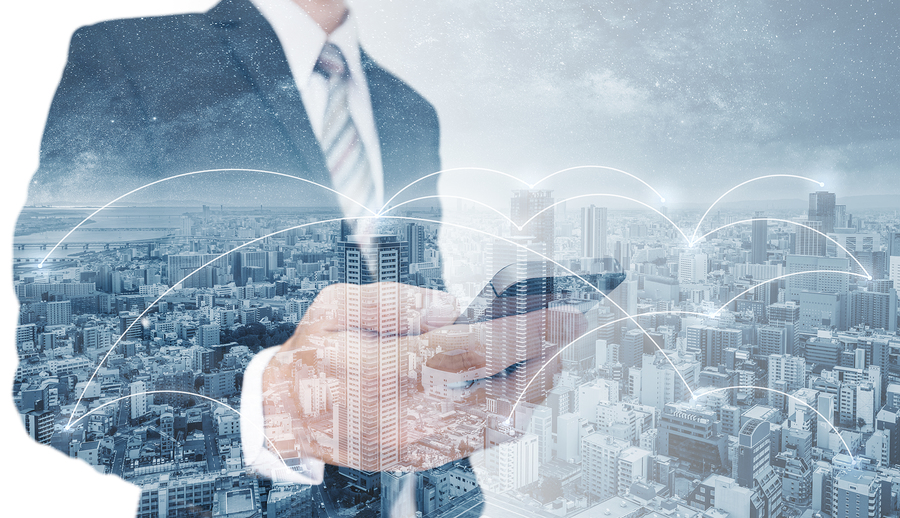If you can understand the concept of currencies, then you can wrap your head around the notion of blockchain. Blockchain is a cryptocurrency that has begun to gain momentum in the last ten years.
How does it work?
It works by storing digital information on both public and private databases. Firstly, information is stored about the date, time and exact dollar amount of your purchase. Next, information is listed about who is participating in the transactions. Any purchase history is actually tied to the vendor and not to your actual name or other forms of personal identifying information.
To protect your information, a unique code is used called a hash which allows your blockchain to be uniquely separated and identified from others. This also allows two, almost identical transactions to be differentiated, this is further secured by also adding the hash of the most recent exchange. A hash is generated using a special mathematical function to turn information into a string of numbers and letters. Because blockchain is not uniquely tied to any given individual, it raises questions for many about how trustworthy it is.
Which blockchain company in Australia offers the best solutions?
Without any doubts Block8 is the leading blockchain company in Australia. Block8 works with a network of prestigious partner companies and investors to ensure the success of every project they take on and have extensive experience in blockchain technology and business model development themselves.
Security
For a start, blockchain works linearly. Each new bit of information is added to the end with each new transaction stacking up overtime. As previously mentioned, because the last hash is also encoded every time, it becomes very difficult to go back and alter any of the previous writes.
To further bolster security, blockchain has implemented a unique test using consensus models where users are required to prove themselves before participating in a blockchain network. Doing so requires solving complex computational maths problems. For a hacker to do so in order to gain entry, would be virtually impossible due to the tremendous processing power such a task would require.
Uses
Because the blockchain network is an open system, it is free from the control of central authorities. It works much like a democratic society would, openly sharing a financial ledger with transparency so that everyone involved is held accountable.
Blockchain also carries no transaction cost. Think about all those little charges you accrue whenever you happen to buy or sell something. Information is easily passed from A to B in a safe, fully automated manner. One party starts off by initiating the process creating a block. This is then verified by thousands, possibly millions of computers around the internet, before it is added as a new listing.
With this new method, and with no fees involved, it now becomes worthwhile and feasible for you to be charged tiny miniscule amounts. Other alternative uses are being investigated. Such examples include the use for individual news articles, rather than paying the hefty subscription, individual songs, and for eBooks. This all eliminates the third-party vendors like Spotify or Amazon from taking a cut and circulating the money around.
As financial institutions continue to adapt and evolve, more real-world applications for cryptocurrency will become apparent. The way we are processing commercial transactions is already changing in the real world. As of July 2019 in Australia, it is illegal for cash purchases to be made over $10,000. More changes will likely come as Governments clamp down on the underground market (sometimes referred to the black market) where many exchanges fail to comply to government reporting requirements – often due to illegal nature such deals facilitate.
Making the switch
Like with trying any new thing, there are some barriers of resistance you need to overcome in order for it to break ground and gain traction. As more of the benefits of blockchain technology becomes apparent, it is likely that these gains will motivate others to make the switch. The world is only becoming larger, smarter and more inter-connected. These realities will only promote its growing use and adoption. In the future, it may be possible to have a fraud-proof system whenever we make a transaction.


